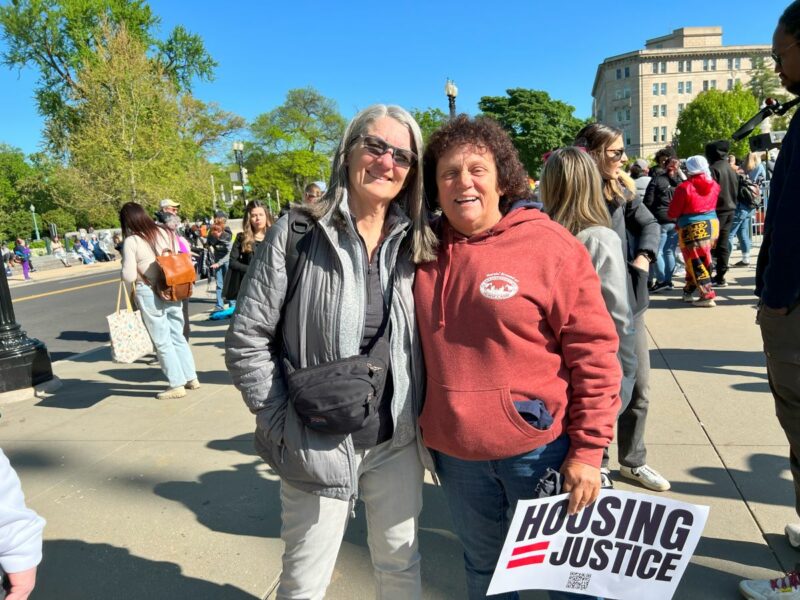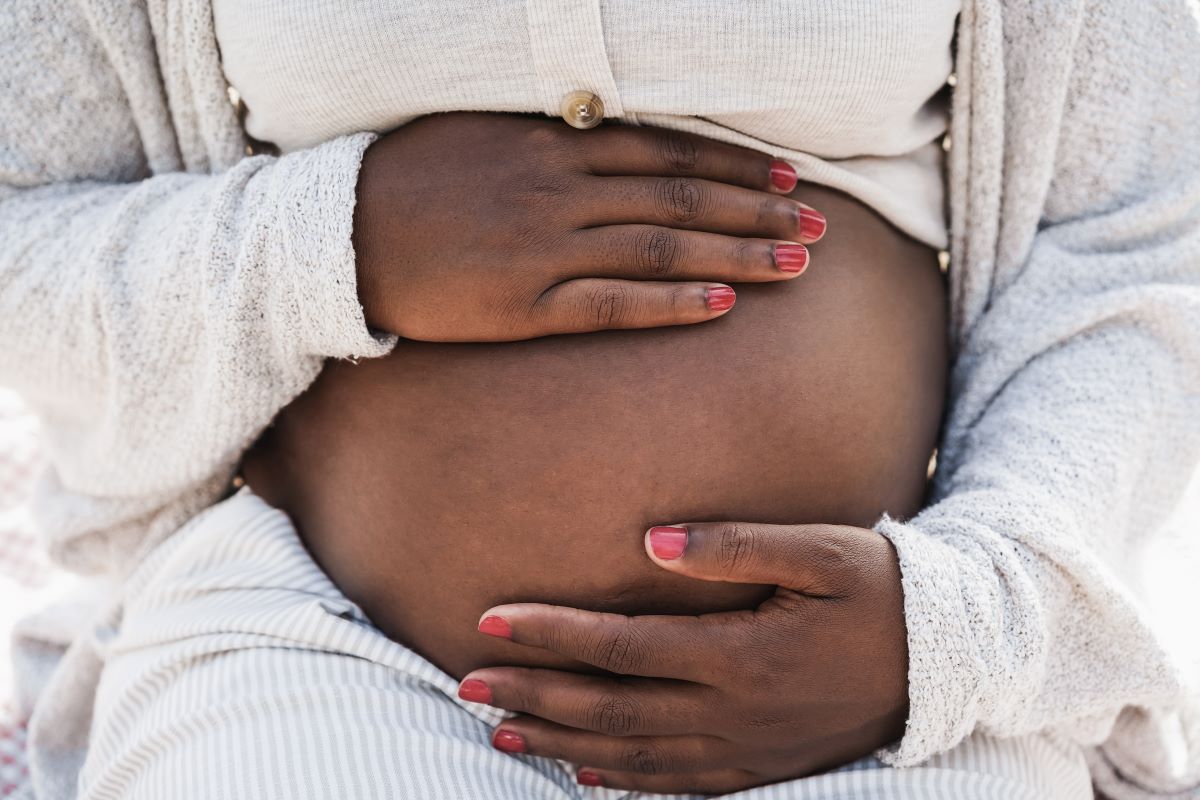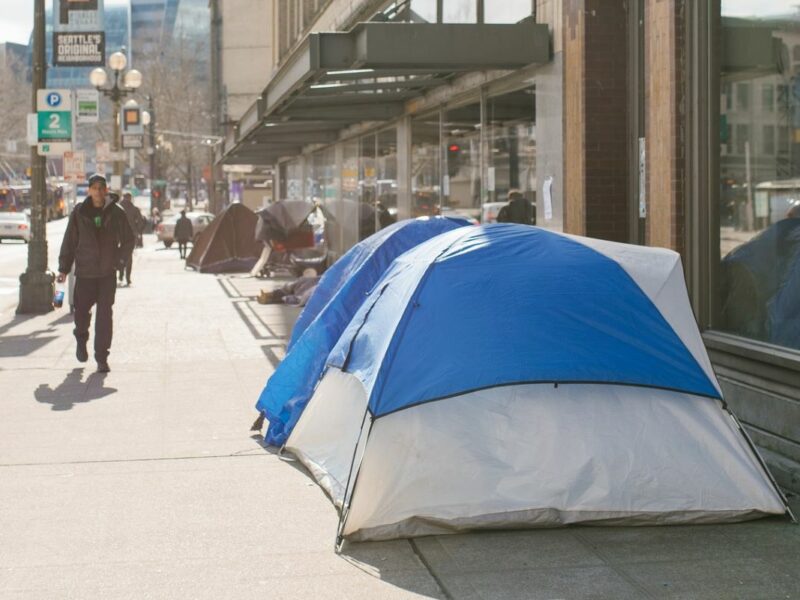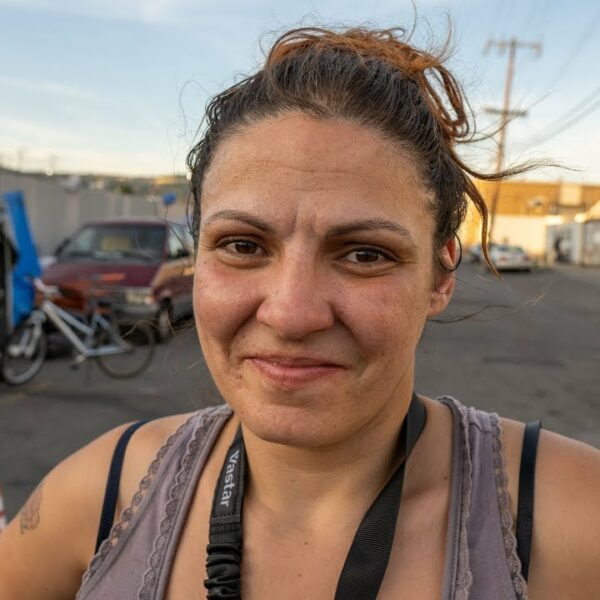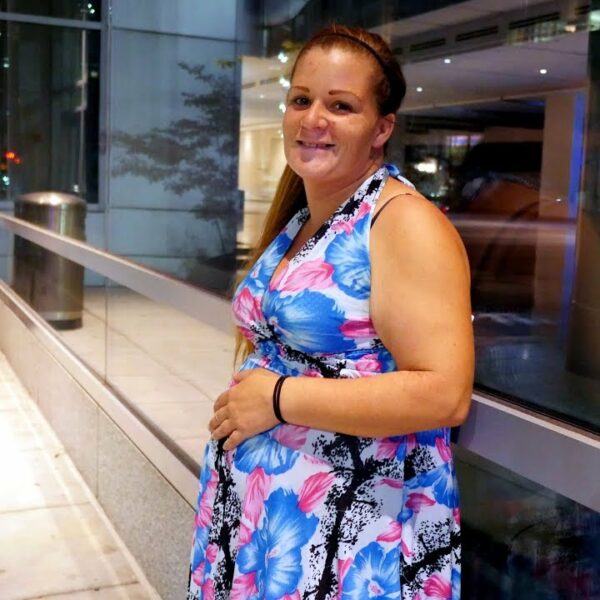Racial disparities run deep, adversely affecting communities everywhere. Learn more about how housing instability burdens people of color, even before they are born.
Oh, the joys of becoming pregnant. Many women worldwide can agree that childbirth, while certainly a tenuous task in nature, brings about immeasurable happiness, a sense of purpose, and a literal bundle of joy. But what if this usually sweet experience carried with it an increased risk of homelessness, unhealthy births, and even death?
This is true for many women hailing from communities of color. Once you take into account the alarming fact that pregnancy increases housing instability for many women from ethnic minority backgrounds, the term “labor” holds a whole new meaning.
Higher Rates of Homelessness, Lower Rates of Healthy Births
With an uncertain economic climate on the horizon, a shortage of jobs paying livable wages, a broken housing market, and an exploitative rental system all working against everyday Americans, pregnant women from all backgrounds face an unprecedented risk of becoming homeless. However, African American women and other women hailing from marginalized ethnic backgrounds are disproportionately impacted by homelessness.
A recent study conducted by an elongated list of housing and policy researchers entitled the Healthy Parents Healthy Babies Report concluded that this elevated risk of homelessness has an unfortunate aftereffect on infants. Women enduring or even at risk of becoming homeless have lower healthy birth rates.
This fact adversely affects not only Black women but also, and importantly, all members of the African American community, as well as other communities across the country, since communal health is hinged upon positive birth outcomes.
As the executive director for the Coalition on Housing and Homelessness in Ohio, Amy Riegel, explained, healthy babies are the very foundation of healthy communities. Metaphorically speaking, these infants are the anchors of a coming society, holding down all hopes for the future.
“We know that Black women with very low incomes who become pregnant experience higher rates of homelessness, domestic violence, and other trauma,” proclaimed national housing expert Barbara Poppe, M.S., who co-authored the eye-opening report. “Providing stable housing can interrupt this cycle and provide the stability for them to be able to receive prenatal care, reduce toxic stress, and prepare for labor and delivery.”
Addressing Racial Disparities as They Hit Home
Promoting homelessness prevention strategies can improve birth outcomes and enhance maternal health. This, in turn, leads to healthier babies, stronger communities, and a brighter outlook for the future of all Americans. The first step in addressing these racial disparities is acknowledging that they exist, that scholarly case studies evidence them, and that they are evidence of a systemic attack on very explicitly targeted communities.
According to NBC News, approximately 50% of all U.S. evictions are filed against Black women. The news source defines Black women as a population that encompasses both African-American women and Afro-Latina women, to be precise. It should be duly noted that Indigenous women, while not expressly mentioned, also face disproportionate rates of eviction, poverty, and subsequent homelessness. These untimely displacements adversely impact:
- Birth rates
- Death rates
- School performance
- Physical health
- Mental health and more
Creating a vicious cycle of generational poverty and homelessness adds to the cornucopia of obstacles Black women face, which can lead to multiple lifetimes of hardship for generations to come. For this reason, housing researchers and advocates are calling for an equitable approach to homelessness prevention for families of color, with a key focus on providing:
- Housing assistance
- Access to healthcare
- Community support
- Culturally sensitive and trauma-informed services
- State and federal policies that protect pregnant women and prevent the possibility of homelessness
Pathways to Prevention: Recommendations for Providers, Policymakers, and Leaders
To promote a universal approach to pregnancy in vulnerable communities, researchers involved in this study are calling on activists to broach the subject of extreme housing instability among women and families of color. This means having conversations with all of the following community leaders:
- Healthcare providers
- Social workers
- Service workers
- Workers who provide services to pregnant patients, such as midwives and breastfeeding coaches
- Decision-makers who oversee policies related to health, housing, and pregnancy
Perhaps most important is the urgent call to contact your local policymakers. This call could mean the difference between a baby being healthy at birth and a baby being born into illness, poverty, and homelessness.
Bringing New Life into the World Should be a Boon, not a Burden. Speak with Your Representatives.
Policymakers and elected officials do not respond to crises. They respond to outrage. Studies suggest that they almost always vote in accordance with what they think the people want.
When they pass policies that criminalize members of the unhoused community, they do so because they believe the general population wants to criminalize victims of homelessness. Likewise, in the rare instances where policies promoting housing stability are drafted, they, too, are a response to public calls for justice, a gesture made to secure more votes.
For this reason, the policies that influence the nation are decided based on whose voice is the loudest. Make your voice heard. Talk to your local representatives about drafting laws that make housing a human right.






